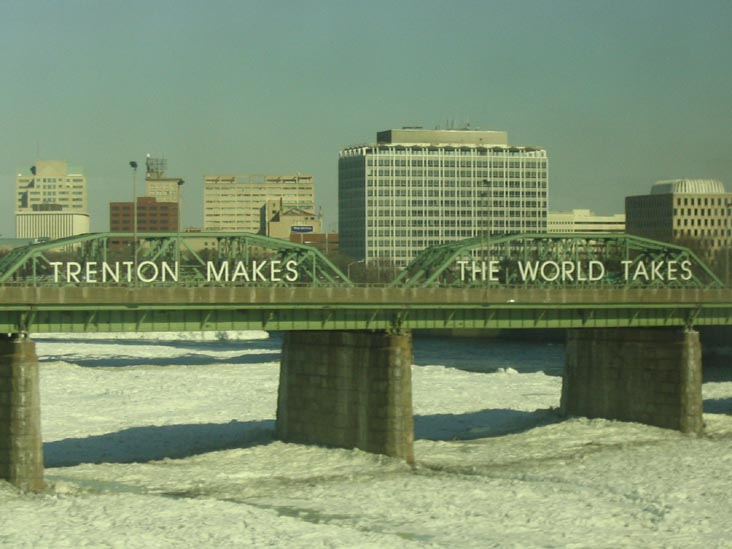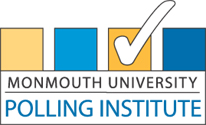New Jersey Future Blog
Smart Growth in Transition, Part II: Transportation
November 25th, 2009 by Peter Kasabach
This is the second in a series of special “Future Facts” on key policy issues facing Governor-elect Christopher J. Christie as he prepares to take office in January.
a series of special “Future Facts” on key policy issues facing Governor-elect Christopher J. Christie as he prepares to take office in January.
- New Jersey faces myriad transportation challenges, in both the near and long term. Replenishing the Transportation Trust Fund, which will run out of money to pay for anything other than debt service by 2011, will be the most immediate challenge confronting the incoming Christie administration.
- Longer-term issues include improving and expanding transit service; reducing traffic congestion by linking road improvements to good land-use plans; making it safer for everyone — walkers, bikers and motorists — to travel; supporting economic growth by locating more jobs and homes close to transit; and reducing vehicle miles traveled, a critical component in meeting the state’s greenhouse gas reduction goals.
- As a candidate, Governor-elect Christie responded to specific transportation-related questions posed by the media, nonprofits and advocacy groups, but did not offer a comprehensive platform on transportation issues. His positions generally focused on cost-containment and efficiency, rather than specific policy initiatives.
Christie’s Favored ‘Pay-As-You-Go’ Financing for Transportation Trust Fund Presents Challenge
The looming insolvency of the Transportation Trust Fund (TTF), which finances the state’s $1.6 billion annual capital program, should already be at the top of the list of issues under discussion by Governor-elect Christie’s transition team on transportation, headed by former state DOT Commissioner James Weinstein. After years of borrowing against revenues dedicated to the TTF (including New Jersey’s fourth-lowest-in-the-nation gasoline tax), the new governor and Legislature will have to find new revenue to meet the state’s most fundamental transportation needs.
During the campaign, Christie disagreed with both Governor Corzine and Chris Daggett on how best to meet this challenge. The Bergen Record summarized his position as follows: “[Christie] opposes borrowing money to extend the fund; favors a ‘pay-as-you’ go system that would force the state to spend money it has, then ‘reassess’ its funding resources later.” Christie proposed that this could be done without raising new revenues, including an increased gas tax. While we applaud his fresh approach to this issue, we hope the magnitude of the problem will keep all responsible funding options on the table.
On the link between transportation and climate change, Christie acknowledged the importance of addressing vehicle miles traveled (VMT). In response to New Jersey Future’s Smart Growth Questionnaire, he suggested reducing VMT by expanding mass transit. “New Jersey will decrease its dependence on automobiles only if we provide a meaningful alternative,” he noted. “I have outlined in my urban policy a series of improvements to our infrastructure that will reduce the number of new lane miles that we are building in favor of expanded mass transit systems.” This commitment to transit, and presumably keeping transit affordable to riders, sets an important policy direction for the state.
Christie’s commitment to improving infrastructure and reducing the number of new lane miles could open the door to other land-use strategies for reducing VMT — increasing density (putting destinations closer together), encouraging mixed-use development (putting different types of destinations closer together) and encouraging greater connectivity in the road network, so as to create shorter and more numerous routes between any given pair of destinations. All three of these strategies would create a development pattern that not only allows some trips to be taken by non-motorized means, but also makes trips much shorter for all the trips that will still be taken by car.
Christie’s primary emphasis on transportation issues in the campaign focused on cutting spending through improved efficiency. On his campaign website, ChristieforNJ, under the heading “Get New Jersey Working Again,” Christie pledges that his administration “will utilize innovative procurement methodologies like Design/Build/Operate/Maintain (DBOM).” According to the statement, “This will save taxpayers hundreds of millions of dollars in the cost of transportation and construction projects, making more projects possible without increasing spending.”
The more immediate $1.6 billion question, however, is what to do about the TTF. New Jersey Future is working with the Tri-State Transportation Campaign and others to advocate for a responsible and sustainable TTF reauthorization plan. A reliable, safe and efficient transportation system is critical to the state’s economic health, and the TTF is the fiscal engine that keeps this system moving. However Governor-elect Christie chooses to fund the TTF, it is imperative that a revenue source be dedicated to that purpose, and that the state stop piling up debt to meet its ongoing transportation needs. Finally, our transportation funding must be transparent and accountable to the public, and our transportation policies must complement other important state goals, such as reducing greenhouse gas emissions and promoting sustainable land use.
Related Posts
Tags: Christie, Governor, New Jersey, Transportation
















